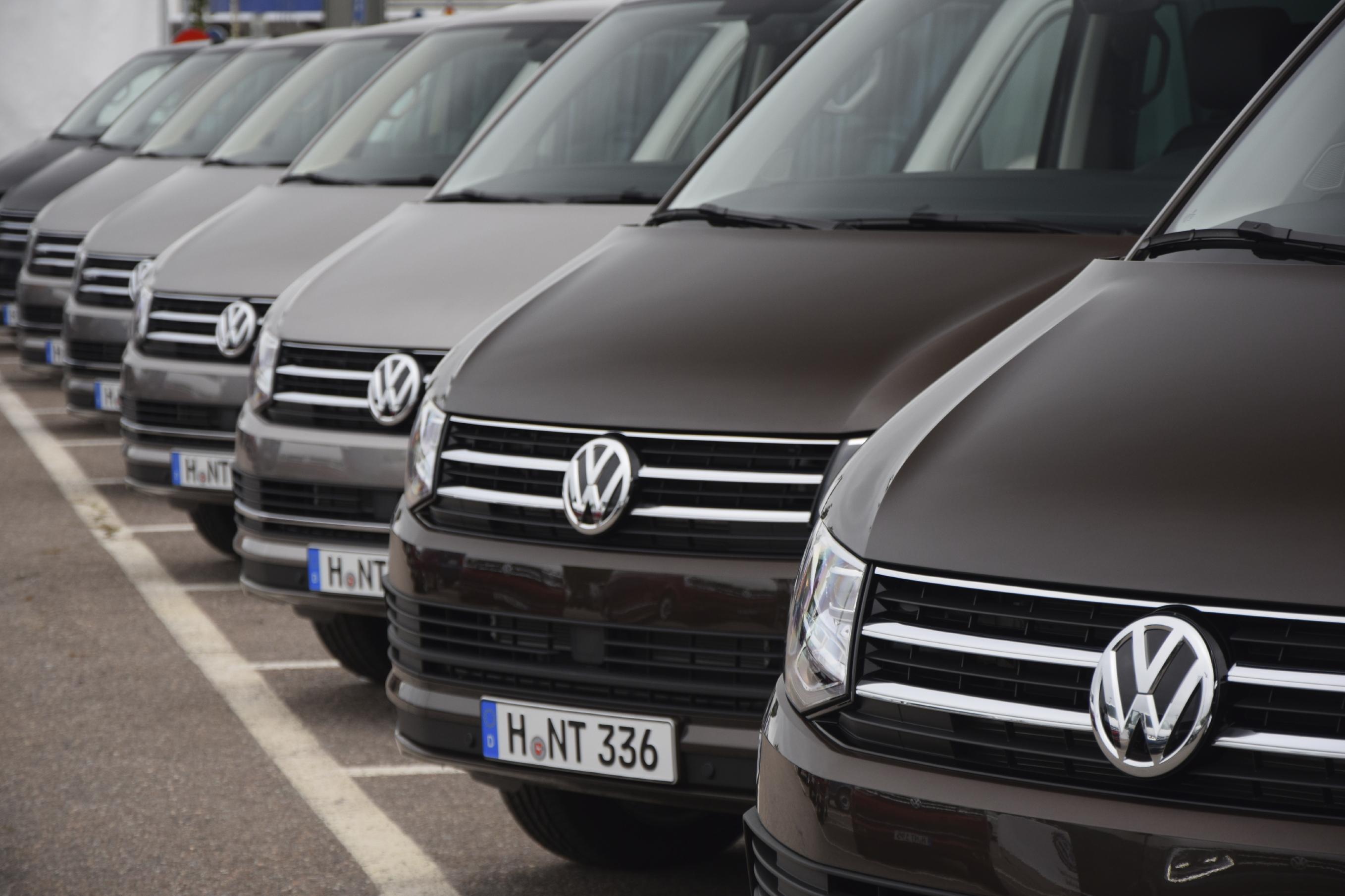
As I read the reports on the Volkswagen diesel scandal, I keep on asking myself: How on earth could a well-regarded, not to mention trusted company like Volkswagen have allowed itself to knowingly and repeatedly commit what was clearly a crime over such a long period of time? Did no one ever ask what would happen if people found out what they were doing? And why did no one blow the whistle earlier (which might have saved the company from its current disaster)? And where was the board in all this?
The incubation of a scandal
Several factors were in play. To begin with, too many people in the industry resented the growing power of the green movement, which they labelled, reflexively, as hostile to the car industry. This us-and-them attitude probably made it easier for Volkswagen managers and executives to rationalise to themselves that fixing emissions tests was acceptable, especially as Volkswagen’s tech skills and the opportunities offered by weak and all too easily circumvented inspections made it unlikely that anyone would find out quickly.
The poor decisions could also be linked to a power struggle between former Chairman, Ferdinand Piech, who resigned in April 2015 having failed in his battle to remove former CEO, Martin Winterkorn. Piech had raked Winterkorn over the coals for having failed to deliver the results he expected in the U.S.A.
Unfortunately for Volkswagen, the problem is not confined to VW North America. That would have been much less damaging. Local managers could have been sacrificed and the company could have attributed the problem to allowing too much local autonomy. Instead, it has to confront a corporate-wide failure, taking in at least two of the group’s main businesses, VW and Audi, and the failure of its decision to pursue and implement synergies between the businesses, especially in design and procurement. Synergy, in this case, became toxicity.
The road ahead
It is clear that Volkswagen cannot immediately fix its problem by selling off or closing down a unit or two. What could well happen, however is a major restructuring, under which the corporate VAG brand disappears as the group breaks up into four separately managed corporate sub-units (mass market with VW, Skoda and SEAT; luxury with Audi, Lamborghini and Ducati; super luxury cars with Porsche, Bentley, Bugatti; and commercial with MAN and Scania). This would provide options for listing some of these sub-units and raise much needed cash to pay for the scandal (as BP did following the Gulf of Mexico disaster).
Too big to fail
However, while we can expect a major restructure, the debacle is unlikely to destroy the group. Like Citigroup, AIG or GM, Volkswagen is probably “too big to fail”. A more likely scenario is that the German federal government, with the help of the state government of Lower Saxony will bail them out. This is a mixed blessing as it will allow courts in the U.S. and elsewhere to heavily sanction the company, knowing that heavy fines will not lead to bankruptcy.
Is the problem limited to Volkswagen? The answer to that question is still unclear. I like to believe Daimler’s claim that they are not engaged in such practices for it gives some hope we’re facing a German corporate problem rather than a German industry problem. We are also waiting to hear from other European diesel manufacturers, like Renault, PSA, and Fiat.
Tighter EU regulations
Whichever way the story plays out, there are some important lessons to learn from the scandal. First of all, Europe needs, just as it does with its largest banks, European-level industry regulators with sharper teeth. National regulation of national industrial champions is a recipe for failure. Were it not for the U.S. EPA, Volkswagen would have continued its wrongdoings. To be sure the U.S. seems rather to relish its role as a global enforcer of “foreign” corrupt practices, as the U.S. Justice Department’s dogged pursuit of FIFA president Sepp Blatter and BNP Paribas for illegal lending to Iran and Sudan attest. But it is arguably just filling a vacuum.
More attention to CSR
A second lesson is that European companies and regulators need to pay more attention to attitudes around social responsibility. Whether Piech and Winterkorn knew about the rigged emission testing or not is perhaps not the major issue. The real question is why they and their executives were able to create a culture that allowed, or arguably encouraged, Volkswagen engineers and managers to bend and even break the law in order to make their cars appear less polluting than they actually were.
Redefining the role of codetermination
A third lesson concerns the German corporate governance system. The presence of labour representatives and the system of co-determination (which arose out of the ashes of WWII) has virtues, including greater attention to employee issues and greater collaboration with shareholders. But in this case it seems that the board put shareholder and employee interests ahead of the long-term needs of the company as a whole, which in Germany as elsewhere remains a board’s primary responsibility.
So where was Volkswagen’s “supervisory” board in all this? Why didn’t it immediately force the resignation of Winterkorn instead of waiting for him to offer it? Why has it yet to name a new Chair to succeed? If the board had been taking governance as seriously as we had all assumed they were, the diesel debacle would surely not have happened. A supervisory board should be a bastion of independent-minded people helping to chart a company’s long-term future, not a collection of agents pursuing the narrow interests of shareholders, unions, and politicians.
Ludo Van der Heyden is the Chaired Professor in Corporate Governance at INSEAD and Academic Director of the INSEAD Corporate Governance Initiative. He co-directs the International Directors Programme, and the Value Creation for Owners and Directors Programme, two of INSEAD’s executive development programmes.





No comments yet.